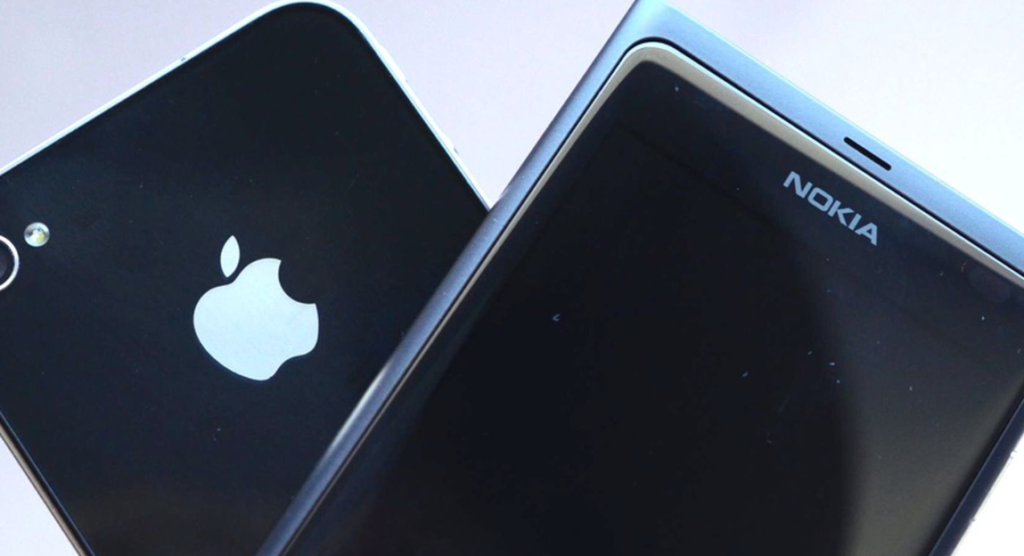
Nokia has announced it has signed a new patent cross-license agreement with Apple which will replace the current license that is due to expire at the end of 2023.
The terms of the agreement remain confidential between the parties.
“We are delighted to have concluded a long-term patent license agreement with Apple on an amicable basis. The agreement reflects the strength of Nokia’s patent portfolio, decades-long investments in R&D, and contributions to cellular standards and other technologies,” said Jenni Lukander, President of Nokia Technologies.
Nokia expects to recognize the revenue related to this new patent license agreement starting in January 2024.
READ ALSO: New Mobile Malware Targeting iPhone Users Uncovered
The agreement is consistent with the assumptions disclosed in the commentary with respect to Nokia Technologies long-term outlook in its Financial Report for Q1 issued on April 20, 2023.

Nokia’s industry-leading patent portfolio is built on more than €140 billion invested in R&D since 2000 and is composed of around 20,000 patent families, including over 5,500 patent families declared essential to 5G.
Nokia contributes its inventions to open standards in return for the right to license them on fair, reasonable and non-discriminatory (FRAND) terms.
The deal means the Companies can license and use these technologies without the need to make their own substantial investments in the standards, fueling innovation and the development of new products and services for consumers.
Nokia will provide network infrastructure services to Apple under a business collaboration arrangement, while Apple will restart selling Nokia’s health products previously sold under the Withings name.
In December 2016, Apple removed Withings items from its online and retail locations, only days after Nokia sued the firm for patent infringement.
The license agreement’s specifics are unknown, but Nokia has stated that it will receive an upfront cash payment from Apple as well as additional revenue.
According to a joint news statement, the companies are also “exploring future collaboration in digital health initiatives.”


